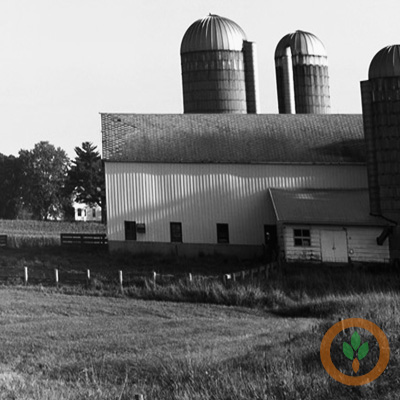News
Census data in Kansas shows rural migration to urban areas could affect ag representation

Farmers and ranchers in Kansas will be losing state representation according to latest census data.
Greg Doering with Kansas Farm Bureau says there has been a population shift and when political boundaries are redrawn, rural legislative districts will expand. “In the more urban areas, we’re going to see those districts shrink and that means that there’s going to be more districts in those urban areas and there are just going to be fewer people who can speak to rural issues in the state house in Topeka.”
The data shows western and southeastern counties saw the greatest population decline with northeastern counties growing. Eighty of the state’s 105 counties declined in population since 2010. Overall, Kansas saw a population increase of 3 percent.
He tells Brownfield the biggest impact for producers will be changes in regulations. “You can raise the driving age to 18 and that would prevent a lot of problems on the roads in cities certainly, but it makes things very difficult out in farm country where you need those 14- or 15-year-olds to drive to check pasture or work on irrigation.”
Doering says equal representation is needed and rural broadband expansion could be one step in meeting that goal. He adds the finalized political boundaries won’t be finalized until early next summer.
Greg Doering, Kansas Farm Bureau:
-
-
Greg Doering, We enjoyed hearing this interview and listening to your well explained comments. Nancy and Mike Rockers

Great job Greg Doering – you make Anderson County proud. Well said!!